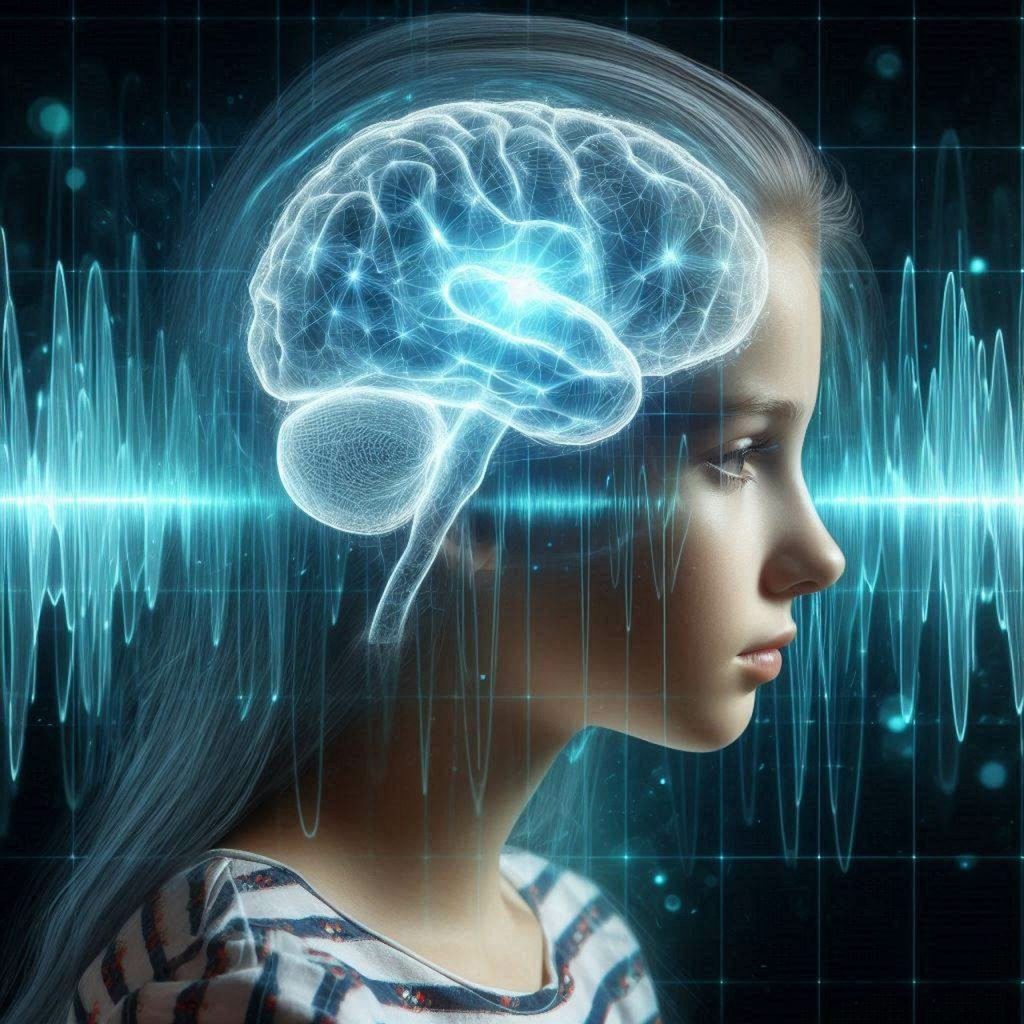The long awaited moment came, and now I can formally state that I have the diagnosis of anxiety, depression, complex PTSD, ADD and EUPD.

I didn’t sleep very well, with the worry of my diagnosis/medication review. My team have been amazing and I wish I could give names but for now, I’ll just state that The Mount in Accrington has been incredible for me. This didn’t stop me worrying though. I know the statistics, I know myself, I understand mental health to a sufficient level and can process new knowledge surrounding it and I knew the diagnosis was likely. I didn’t think everyone in the room would have instantly agreed so quickly, but I suppose it helps in leaving no doubt.
My medication dosage has been upped ever so slightly again and I’m awaiting my screening for SCM (Structured Clinical Management) which are new beacons of light and as much as I attempt to stay hopeful, I’m tired of trying new things. I just want to be better now.
As I grieve my old self, and with realisation that I’m unlikely to ever be that person again, I’m throwing myself into research again to better understand who the new me is, and how I can help her.
What is EUPD?
EUPD is Emotionally Unstable Personality Disorder, and today’s new diagnosis. It’s been a very very long time coming and now that I’ve been exposed to opportunities to learn more about it, I’ve realised that if I would have known its existence 5, 10 maybe even 15 years ago that I would have been diagnosed all the way back then. I truly don’t see how it’s taken so long.
The main traits of EUPD are;
- Emotional Instability such as rapid shifts in ‘highs’ and very low ‘depressive’ moods.
I used to think that this had to be multiple times a day, not realising that having a wonderful few weeks and then what feels like your worst few weeks following, to being back on cloud nine for another month or so, is also classed as a rapid shift. When I am in that moment, I feel like that it will never end. May it be euphoric or traumatic, that emotion I’m experiencing completely takes over who I am and I’m unable to imagine or cope with any differences that then occur. Let’s face it, everything changes and it changes frequently, so not being able to foresee these changes or cope with them, can be debilitating when each time it causes such a drastic change in perspective of life. - Impulsivity.
I’ve always been an impulsive person, making decisions very quickly without necessarily thinking of the aftermath. Thankfully though, I think I also have a very sensible side that weighs this out so it’s not been a major trait that’s negatively affected me. - Unstable relationships.
I thought that having a close group of lifelong friends, with a supportive and healthy marriage meant that I wasn’t subject to this trait, but what I now realise that the instability can also stem from idolisation and/or devaluation. For me, it’s always been a case of idolisation. I have always placed certain individuals on a pedestal, anyone in a ‘higher’ position than me or someone responsible for my care such as my teachers, doctors, bosses and even past relationships. This can be exhausting as it also distorts self image and has made me feel inadequate a lot of my life. - Fear of abandonment.
Strongly related to the above trait of unstable relationships, the fear of abandonment can also stem from idolisation and people may go to extreme lengths to keep relationships from breaking. This may be from erratic behaviour, even to trying unreasonably hard to be lovable by others. For myself, it’s the latter where I will work myself into the ground to become someone that will be worthy of the love and care of the person that I have idolised. - Identity Disturbance
This is described as a lack of clear image on ones self, and I’d only say that I’ve recently started to struggle with this. I feel like I don’t recognise myself anymore and that I am completely detached from the person I once was. I view her from a distance and look at her with longing and heartbreak. These thoughts leave me in an emotional state of confusion and emptiness, preventing connection with my current self. - Self-injury and suicidal ideation
Both are issues that I have struggled with since I was a child. From starting out not understanding them, to then thinking they were normal, to then feeling shamed into thinking I was ‘participating in a trend’ to finally starting to understand them, they’ve been part of my life ever since I can first remember. I remember being shocked to find out that roughly 10% of patients with EUPD will pass by suicide and can relate strongly to only ever feeling ‘happiness’ when I thought of not ‘being around’ anymore. - Dissociative Symptoms
I guess that all the above would make a lot of sense when taking into account the dissociation that can come with EUPD. Feeling detached from reality is very normal when your reality doesn’t match up to what you’re seeing outside and the detachment from ones self, I’ve never felt more so than now, as after 27 years, I feel I have to rebuild a whole new personality and create someone I know and love.
What causes EUPD?

Although yet unclear, there are studies that suggest a combination of biological and environmental factors.
Mayoclinic has found that personality disorders may be inherited or related to other mental health conditions in other family members. I don’t have any first degree blood relatives with any official diagnosis’, which leaves a big question mark in my mind as to why I’ve ended up seemingly getting all the diagnosis’ on their behalf!
Additionally, traumatic childhood events or not having an emotionally validating environment can also be a risk factor for EUPD. To protect my family, I won’t delve deep into details but my childhood was rocky at times with instances of what people would call trauma. On top of this I didn’t have parents who noticed, understood or validated mental health. This is when I formed very close connections with my teachers and elders and idolised them and began to portray the ‘unhealthy relationship’ trait.
There’s also findings by the NHS that there are differences in EUPD patients and their neurotransmitters, particularly serotonin. MRI’s have been used to study the brains of these patients and these MRI’s found that there are three areas affected by BPD.
These are;
- The amygdala
As discussed in previous blogs, this is the part of the brain that plays an important role in regulating emotions, especially negative ones such as fear and anxiety. - The hippocampus
This is responsible for behaviour and self-control regulation. - The orbitofrontal cortex
This part of the brain is responsible for decision making and planning.
It’s easy to see why these parts of the brain becoming smaller, or working in a dysregulated fashion can cause significant illness’ to those suffering.
The development of these areas in the brain are linked strongly to childhood years. Like I said, the signs were there from a very young age.
The Stigma
Although I find it to be a very accurate description of the illness itself, I don’t think it sounds very nice, does it? Emotionally Unstable Personality Disorder, or BPD, Borderline Personality Disorder… I have never felt shame around a mental health diagnosis before, but this one I feel less proud of wearing the badge for. I know this is solely stigma, which is why I am pushing myself to learn more. I’m not perfect, I’m not a perfect patient or a perfect advocate because I don’t believe they exist. I do believe that continuous development and education is what makes for a good candidate though…
The Future
I’ve been referred to Structured Clinical Management (SCM), a flexible and person-centred treatment. It’s aimed to help me learn more about EUPD, its symptoms, and how to manage them. Within it I’ll also receive CBT again, but I believe this time I have a more open and willing mindset. I hope it will help me identify and manage negative thoughts and behaviours.
I’m particularly interested in developing problem-solving skills, as I struggle to cope with any changes, no matter how minor. Additionally, I’m keen to improve my interpersonal skills, becoming more assertive and setting boundaries to prioritise my mental health. I’m also hoping to work on my tendency to idolise others.
I’m optimistic about SCM and believe it will be a valuable tool in my journey towards recovery, as the trauma group has.
Medication reviews are also options within SCM; however my dosage has only been changed a day ago so I think we will be trialling this for a while yet.
I’m making a strong stance in how I speak about my illness’ and I am taking my first step against the stigma (which is both internal and external) by sharing this blog.
Self compassion has been a vital tool for me throughout this journey, and I don’t want to imagine what it would have felt like if I didn’t have myself on my side.
Researching further into mental health has been a great help in validating my emotions which is the main thing I’m grateful for whilst I’ve learnt to become kinder to myself. It’s still a work in progress and although I can recognise my feelings well now and have a better understanding on what is healthy to feel and what isn’t, I struggle to accept any imperfections and I am generally very hard on myself.
I may not fully recognise who I am anymore, but there’s something beautiful in that. It means I have the chance to rebuild a version of myself with healthy boundaries, one who can navigate change and rejection with resilience, one who practices consistent self-compassion, and one who finally steps out of the bubble of uncertainty that’s held her back for 27 years.

To anyone grappling with a diagnosis—whether it’s brand new or something you’ve carried for years—please know that you’re not alone. Speak kindly to yourself, reach out to a professional, confide in a loved one, or share your thoughts here, in the comments, or even with me. No diagnosis should ever be a source of shame, including EUPD. We deserve to have our voices heard, our experiences understood, and our needs acted upon.
I’ll finish and leave you with love and one of my favourite Turkish sayings…
Even when everything is over, there is still hope.
Sources:
